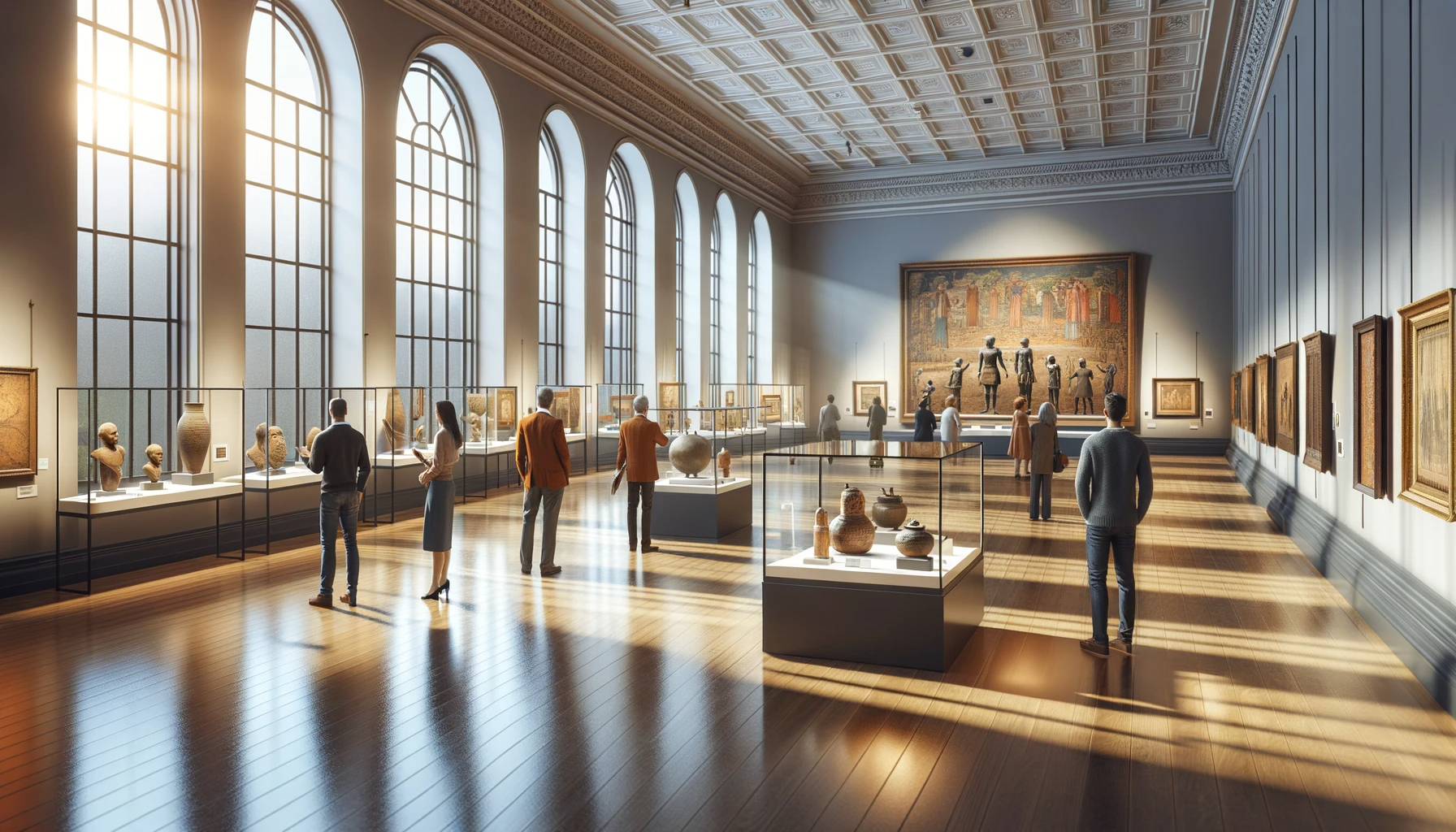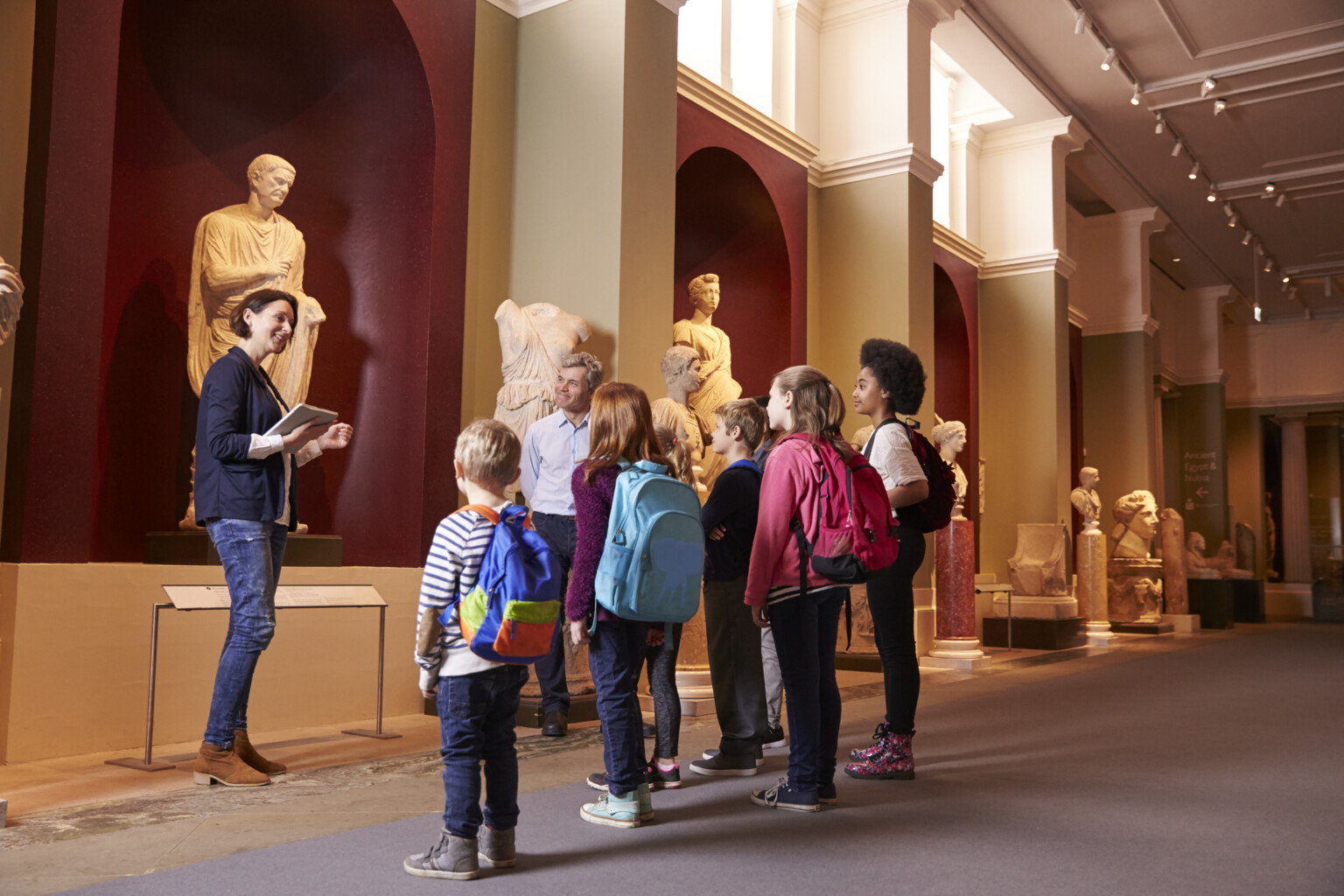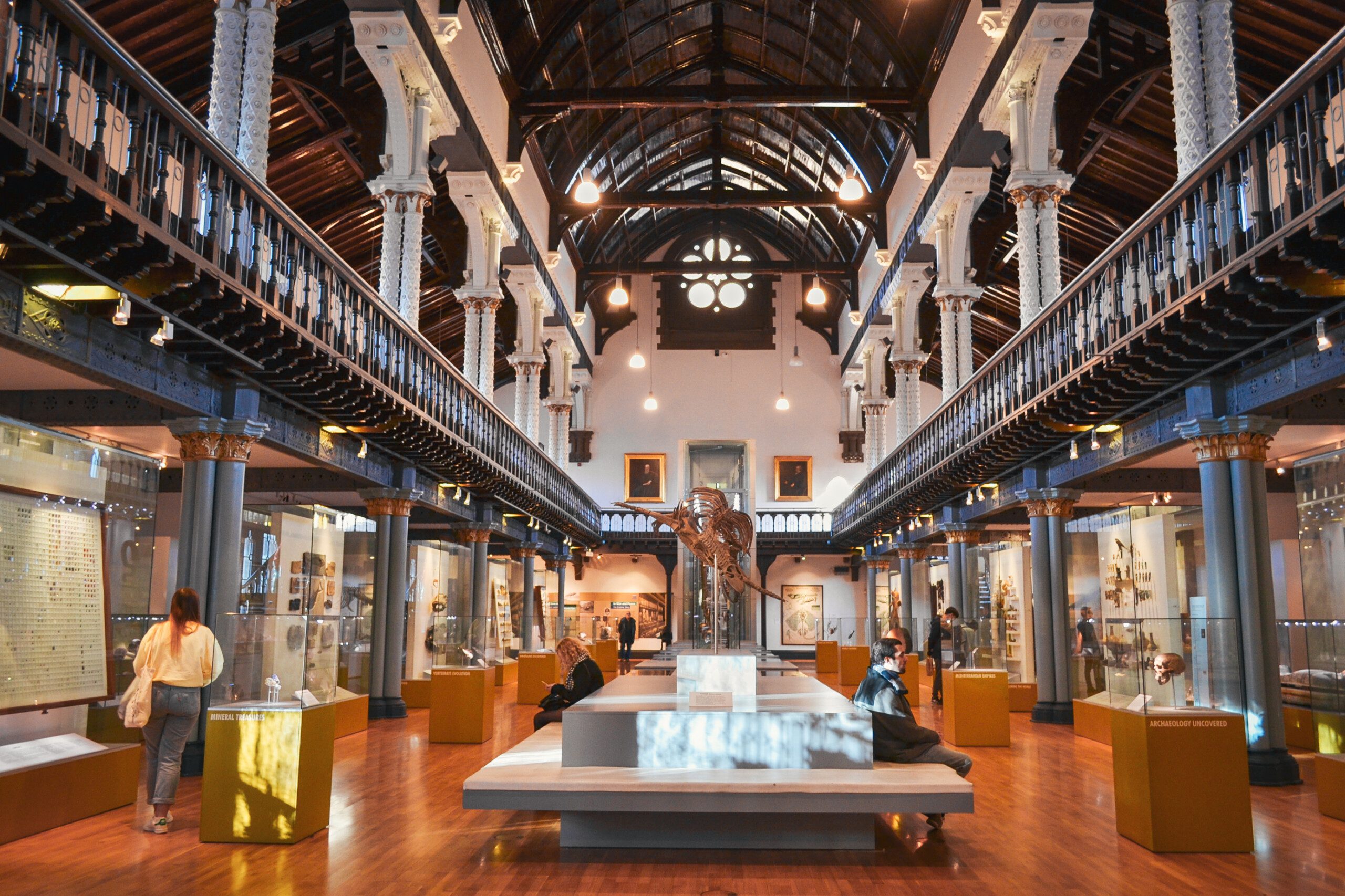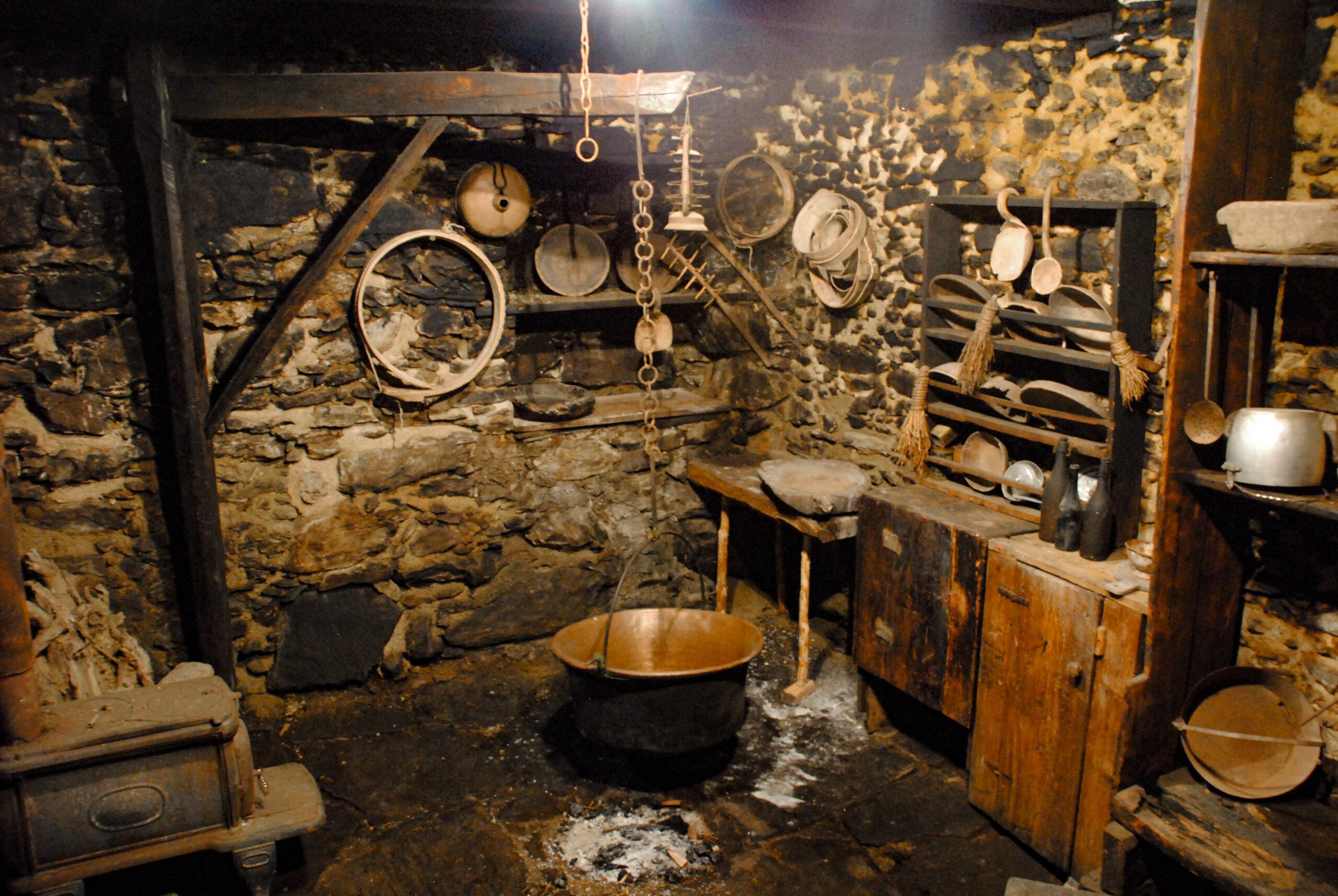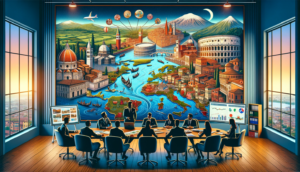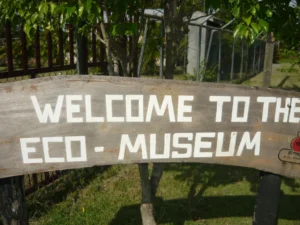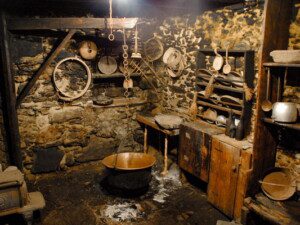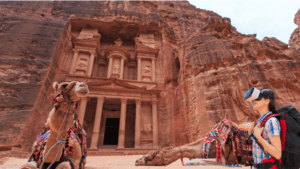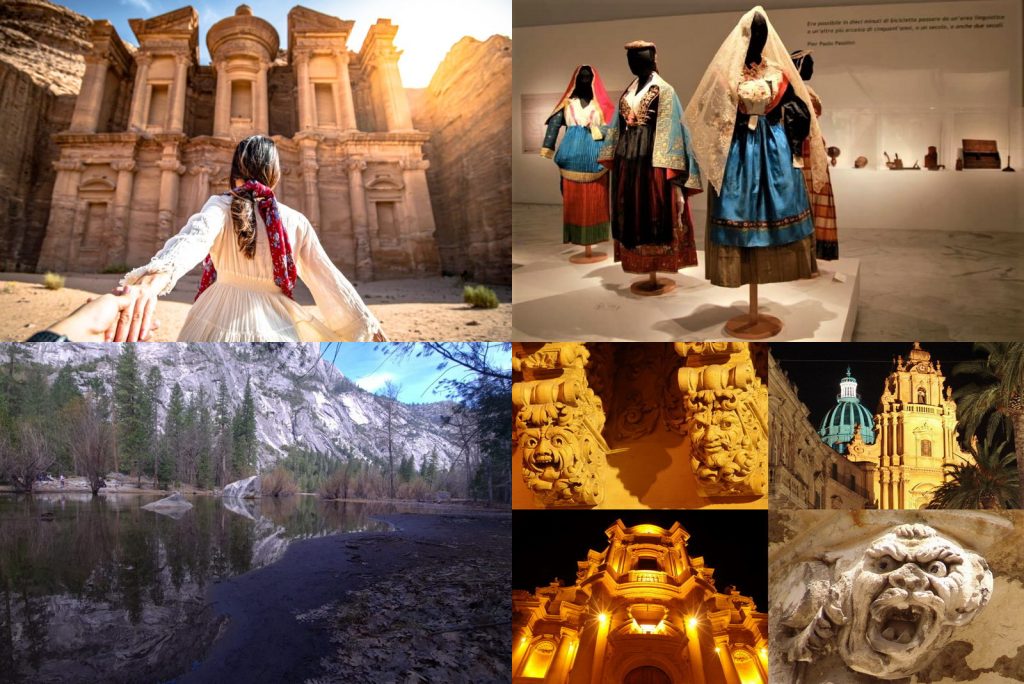Artistic Director: Reference scheme

Scheme D) Unregulated profession without a defined scheme (provisional scheme)
The reference scheme is based on the 'modelSkills Cycle' and is in line with the 'Tourism, Arts, Heritage Competence Framework (TAH-CF)'. the TAH-CF is defined in accordance with the European Qualifications Framework (EQF), the Recommendation of the European Parliament and of the Council 2009/C 155/02 (ECVET) and the APNR (Non-Regulated Professional Activities) scheme adopted by UNI for the technical standardization of unregulated professions.”
The form is made available to all stakeholders in the cultural tourism supply chain in order to collect comments and useful elements for identifying the initial scheme. All interested parties are invited to improve the sheet by sending their contributions to info@aiptoc.it
Description
PAS11: Artistic Director (VI-VII Level EQF)
the Artistic Director has the responsibility of outlining the program of a theater company, a theatre, a review or a festival. Through artistic programming, the specific identity of the theatre, museum or exhibition is communicated: it means defining a line of practical and artistic action that will be used to select the season's programme. It is an activity with a strong creative content in which the Artistic Director makes use of the collaboration of a variety of other more technical and specialized professions such as directors, production managers, actors, screenwriters.
An Artistic Director's duties might include:
- Definition of Artistic Programming: Establish the artistic direction and programming of a theater company, theatre, festival or event.
- Selection of Artists and Shows: Choose the shows, artists and productions to include in the billboard.
- Collaboration with Professionals: Work with directors, screenwriters, production managers and others to make productions happen.
- Budget Management: Oversee the budget for artistic productions.
- Promotion and Marketing: Collaborate in marketing strategies to promote productions.
- Development of New Projects: Conceive and develop new artistic and cultural projects.
- Management of Institutional Relations: Maintain and develop relationships with cultural institutions, sponsors and partners.
- Technical Supervision: Ensure that the technical aspects of the productions are in line with the artistic vision.
- Mentoring and Support for Artists: Provide guidance and support to artists and creative team members
Sources: Atlas of professions (University of Turin)
Standards of Reference
- European Qualification Framework (EQF)
- Recommendation 2009 / C 155/02 (European Credit System for Vocational Education and Training - ECVET)
- Law 4/2013 relating to unregulated professions (Italy)
Profile Evaluation Criteria
To certify the possession of skills, it is proposed to take into consideration methodologies that take into account the following aspects in a non-mutually exclusive manner, i.e. possibly in combination with each other:
- Qualifications awarded in the academic field (Formal Learning)
- Specific Training (Non-Formal Learning)
- Work, professional or artistic experience (Informal Learning)
Work, professional or artistic experience can be demonstrated through various tools including:
- Curriculum Vitae
- Professional portfolio
- Objective placement on the market (awards, regional, national or international recognition)
- Publications (scientific or editorial)
Requirements for access to the professional figure
Since the professional figure is not organized in an order or college, the requirements may vary based on the relevant Professional Association or other criteria established by the individual interested parties. Below are the requirements adopted by AIPTOC - Italian Association of Tourism Professionals and Cultural Operators.
Note: The assigned EQF level (VI, VII or VIII level) is linked to the results of the final evaluation which will take into account the overall qualifications, specific training and work, professional or artistic experience
- Professionals who have attended courses in which the title of XNUMXst or XNUMXnd level academic diploma related to the professional figure in question is issued, issued by an Institute of Higher Artistic, Musical and Dance Education (AFAM);
Or
- Having attended specific training courses for the professional figure in question organized/recognised by Universities, Regions or professional associations established pursuant to law 4/2013 and recognized by the Ministry of Business and Made in Italy (MIMI ex MISE) and at least six months, even if not continuous, of proven work, professional or artistic experience in the relevant sector
Or
- Three-year degree and at least two years, even if not continuous, of proven work or professional experience in the reference sector
Or
- Second grade secondary school diploma and at least five years, even if not continuous, with proven work or professional experience in the relevant sector
Or
- Regardless of the qualification, recognition of the requirements by AIPTOC - Italian Association of Tourism Professionals and Cultural Operators (*).
(*) Note: it is believed, given the particularity of the figure of the artist in question, to recognize this professionalism regardless of qualifications but also taking into account solely the artistic experience. In this case, the evaluation of the following aspects is particularly important
- Curriculum Vitae
- Professional portfolio
- Objective placement on the market (awards, regional, national or international recognition)
-
The following registers and lists are also recognized for inclusion purposes:
- Be included in the Registers of Professional Associations established pursuant to law 4/2013 and recognized by the Ministry of Business and Made in Italy (MIMI ex MISE) as long as they refer to the competence in question
-
Related searches on the Skills Archive Databases (UNDER IMPLEMENTATION)
Featured Heritage Interpretation
Featured training
Basic courses
High Specialization Courses







